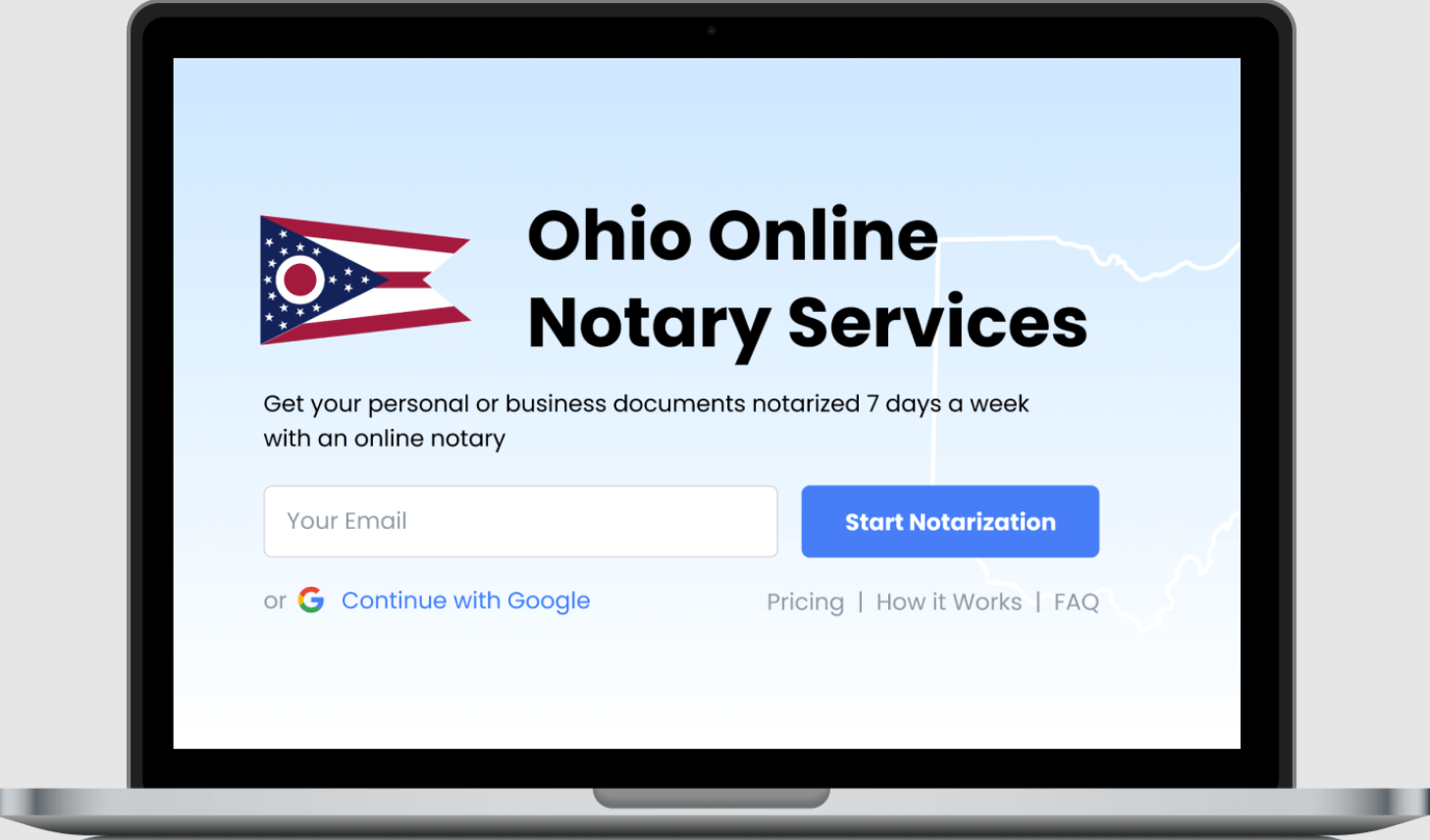Table of Contents
The healthcare industry is a dynamic ecosystem where the convergence of patient needs, regulatory requirements, and industry advancements creates a complex web of stakeholders. Effective stakeholder management is pivotal in this environment, and achieving a delicate balance between the interests of patients and the healthcare industry is a continual challenge.
Navigating the Landscape
Within the extensive and complex realm of healthcare, the range of stakeholders involved encompasses more than just patients and healthcare providers. It also includes payers, pharmaceutical corporations, government agencies, research organizations, and interest groups who are all vital constituents in this multidimensional system.
Identification and thorough understanding of each stakeholder’s unique needs and driving forces is the crucial initial phase in devising an effective stakeholder management plan that takes all perspectives into account, ensuring the overall system functions smoothly with reduced conflicts while addressing various concerns and goals in this closely interlinked environment.
Patient-Centric Approach
At the heart of any healthcare system lies the patient, and adopting a patient-centric approach is crucial for successful stakeholder management. It is vital to ensure that patients receive high-quality care, have access to comprehensive information, and feel empowered in making their healthcare decisions to establish a strong foundation of trust. In this scenario, effective stakeholder management necessitates the harmonization of different entities’ interests to ultimately elevate the overall patient experience.
By addressing concerns and promoting open communication channels, patients can become true partners in their healthcare journey, leading to a more satisfactory, inclusive, and person-centered system. This collaborative environment will not only improve patient outcomes but also foster an atmosphere where stakeholders work together towards a common goal with patients’ best interests at heart.
Government Regulations
Government bodies play a critical role in shaping the healthcare landscape through regulations and policies. Stakeholder management in healthcare must navigate the fine line between compliance with these regulations and fostering innovation.
Striking the right balance ensures that healthcare providers can deliver cutting-edge treatments and services while maintaining the necessary standards to safeguard public health.
Industry Dynamics
Within the healthcare industry, collaboration is key. Stakeholder management involves fostering strong partnerships among healthcare providers, including hospitals, clinics, and individual practitioners.
This collaboration not only enhances the quality of patient care but also allows for the efficient sharing of resources and knowledge, ultimately benefiting all stakeholders involved.
Payers and Providers
The relationship between payers (insurance companies) and healthcare providers introduces another layer of complexity in stakeholder management. Negotiating fair reimbursement rates, addressing billing complexities, and ensuring financial viability for both payers and providers are crucial aspects of maintaining a stable healthcare system.
Pharmaceutical Innovations
Pharmaceutical corporations, motivated by their pursuit of innovation and advancements in the field of medicine, play a vital role as key stakeholders in the healthcare sector. The daunting task of balancing the introduction of groundbreaking therapeutic treatments with considerations for affordability and accessibility poses a significant challenge within this industry.
Effective stakeholder management necessitates the facilitation of strong collaborations between various parties involved in the field. This collaborative approach aims to foster research and development, while simultaneously ensuring that patients can readily access and afford the latest medical advancements and breakthroughs, ultimately improving their health and well-being.
Research and Development
The practice of stakeholder management within the healthcare sector encompasses not only research institutions but also the wider scientific community. By fostering fruitful collaboration between healthcare practitioners and research professionals, the process of translating pivotal scientific breakthroughs into pragmatic solutions can be expedited, ultimately leading to improved patient outcomes.
Establishing efficient channels of communication and aligning on common objectives are critical components in guaranteeing a mutually beneficial relationship among these key stakeholders in the healthcare ecosystem. This cooperative approach serves to drive innovation, enhance standard practices, and enable the seamless integration of new medical advancements to bolster patient care qualitatively and quantitatively.
Ethical Considerations
As healthcare continually advances, ethical considerations become increasingly important in stakeholder management. Balancing the pursuit of scientific progress with ethical standards is a delicate task. Stakeholders must engage in open dialogue to establish ethical frameworks that guide decision-making, ensuring that the benefits of healthcare innovations are maximized while potential risks are mitigated.
Advocacy Groups
Advocacy groups play a vital role in amplifying patient voices and ensuring that stakeholder decisions consider the diverse needs of the patient population. Effective stakeholder management involves actively engaging with these groups to understand and address patient concerns, thereby contributing to the development of policies and practices that better serve the healthcare community.
Technology Integration
The incorporation of technology in the healthcare sector brings forth a fresh perspective to managing stakeholders. From the implementation of electronic health records to the utilization of telemedicine, these modern technological developments have the potential to significantly augment efficiency and elevate the quality of patient care.
Nonetheless, to successfully embrace these advancements, stakeholders need to work together in overcoming obstacles related to data privacy concerns, achieving seamless interoperability between systems, and safeguarding that deployed technology optimally addresses the priorities and requirements of both patients and healthcare providers.
Global Perspectives
In an interconnected world, healthcare stakeholders often operate on a global scale. Pharmaceutical companies conduct international clinical trials, healthcare providers share research findings globally, and patients seek treatment options beyond their borders. Effective stakeholder management requires harmonizing interests across borders, acknowledging cultural differences, and creating frameworks that facilitate international collaboration in healthcare.
Educational Initiatives
Empowering stakeholders through education is a critical aspect of effective stakeholder management in healthcare. Patients, healthcare providers, and other stakeholders benefit from initiatives that provide accurate information, promote health literacy, and foster an understanding of the complexities within the healthcare system. Education becomes a bridge that connects diverse stakeholders, fostering a more informed and collaborative healthcare environment.
In the intricate symphony of healthcare stakeholder management, finding harmony requires a delicate balance of interests, open communication, and a shared commitment to improving patient outcomes. Navigating the diverse landscape of stakeholders involves continuous adaptation to evolving technologies, regulatory landscapes, and ethical considerations.
Ultimately, the success of stakeholder management in healthcare hinges on the ability to orchestrate a collaborative effort that puts patient well-being at the center of every decision.












